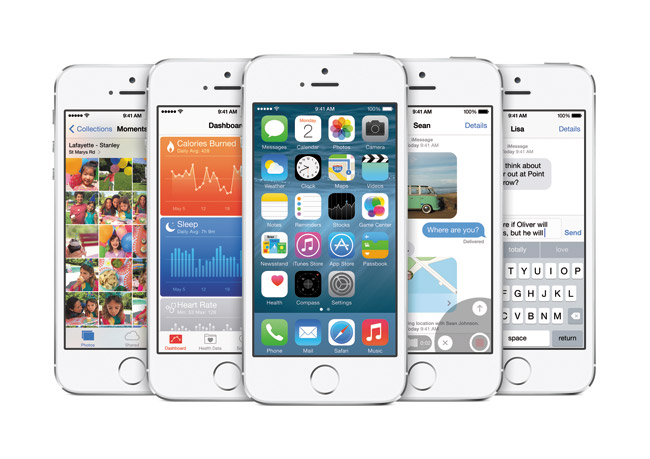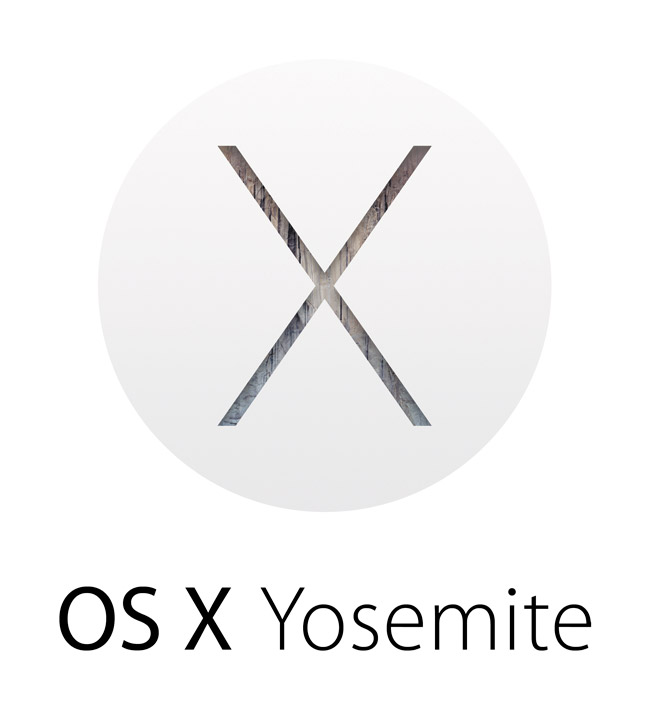Apple’s New Mobile Operating System
Last week, Apple unveiled iOS 8, its next mobile operating system, and claims this is the biggest release since the launch of its App Store. This release delivers users a faster and more intuitive user experience, including iCloud Photo Library, new Messages features, a new Health app, predictive typing for Apple’s QuickType keyboard and Family Sharing.
By sometime this fall, iOS 8 will be a free update to your device, but if you’re a developer you can access it immediately. The Photos app and iCloud Photo Library give you access to all of your photos and videos anytime, anywhere. The Photos app allows you to straighten horizons and utilize smart editing tools to quickly adjust light and color. Then, with the iCloud Photo Library, each adjustment and effect is automatically updated across your devices.
The new interactive notifications make multitasking/responding a little easier, since you can reply to a message, a Facebook post (like/comment) or handle a calendar event even if you’re doing something else on your device. This will be great because, with the current iOS 7, you see the notification pop up but you can’t do anything about it.
Additionally, your conversations in Messages are more immersive, since you can communicate with just a swipe. Group messaging now gives you the ability to add and remove contacts, leave a conversation and the option not to be disturbed. It’s almost as if iMessage adapted features from the popular apps WhatsApp and Snapchat.
The new Health app gathers the information you choose from your various health apps and fitness devices, and provides you with a clear and current overview in one place. Each app can use specific information from other apps to provide a more comprehensive way to manage your health and fitness.
For example, the Nike+ apps using NikeFuel can pull in key HealthKit metrics to build a custom user profile and improve your athletic performance. HealthKit is basically a one-stop shop for all the health data collected from your device.
Supposedly, Apple’s QuickType keyboard is smarter and more personalized and intelligently takes context into account, such as to whom you’re typing and what app you’re in, but we shall see. I get frustrated with the current version because it sometimes changes things to the opposite of what I wanted it to say. This Quick-Type claims to understand the way you communicate and will suggest favorite phrases so you can write entire sentences with just a few taps. iOS 8’s Family Sharing allows up to six people to share calendars, iTunes, iBooks and App Store purchases (each with their own Apple IDs). This is great for its namesake or even for small businesses. For those with keiki, if you have the Ask To Buy feature activated, iTunes will send you a notification and seek your permission if someone tries to make a purchase with your account.
In addition, Siri became a little smarter with Shazam song recognition, streaming voice recognition in 22 new dictation languages and the ability to purchase iTunes content. I often have trouble with getting the current Siri to understand me and all the Hawaiian names, especially the streets, when asking her to map something. Hopefully this will improve that. The majority of us will just have to wait until fall to see how good this will be.
The Next OS X:Yosemite
As a follow-on to the big iOS 8 announcement, Apple announced the next Mac operating system, Mac OS X Yosemite. Named after the popular national park in California, it will be available this fall, and users can sign up to be a part of a (free) beta program in the summer. According to Apple, this gives OS X a refined, fresh, modern look with new apps and continuity features that will fluidly work across your iOS devices. As with Mavericks, the Yosemite update will be free.
clickchick@outlook.com







